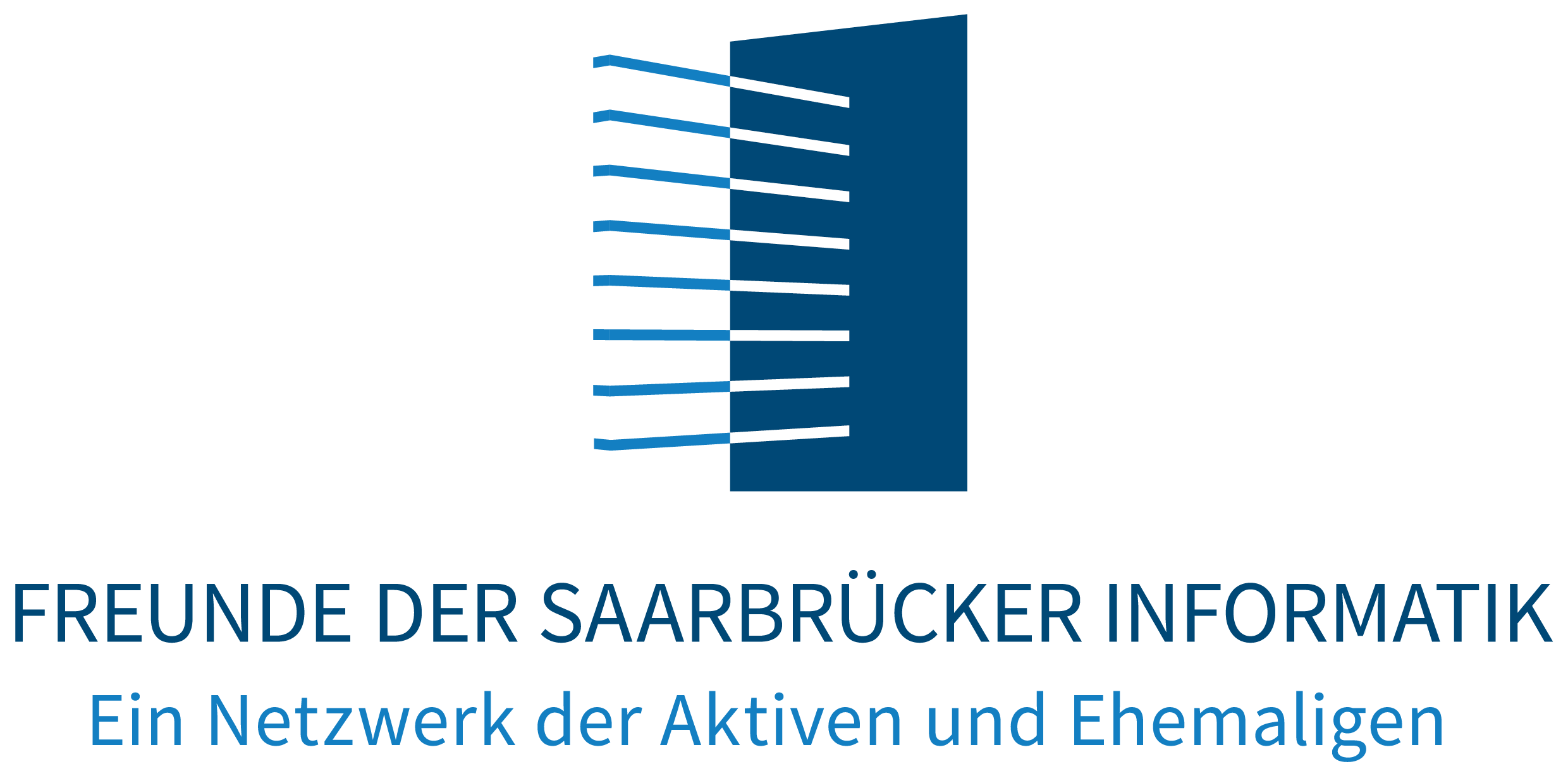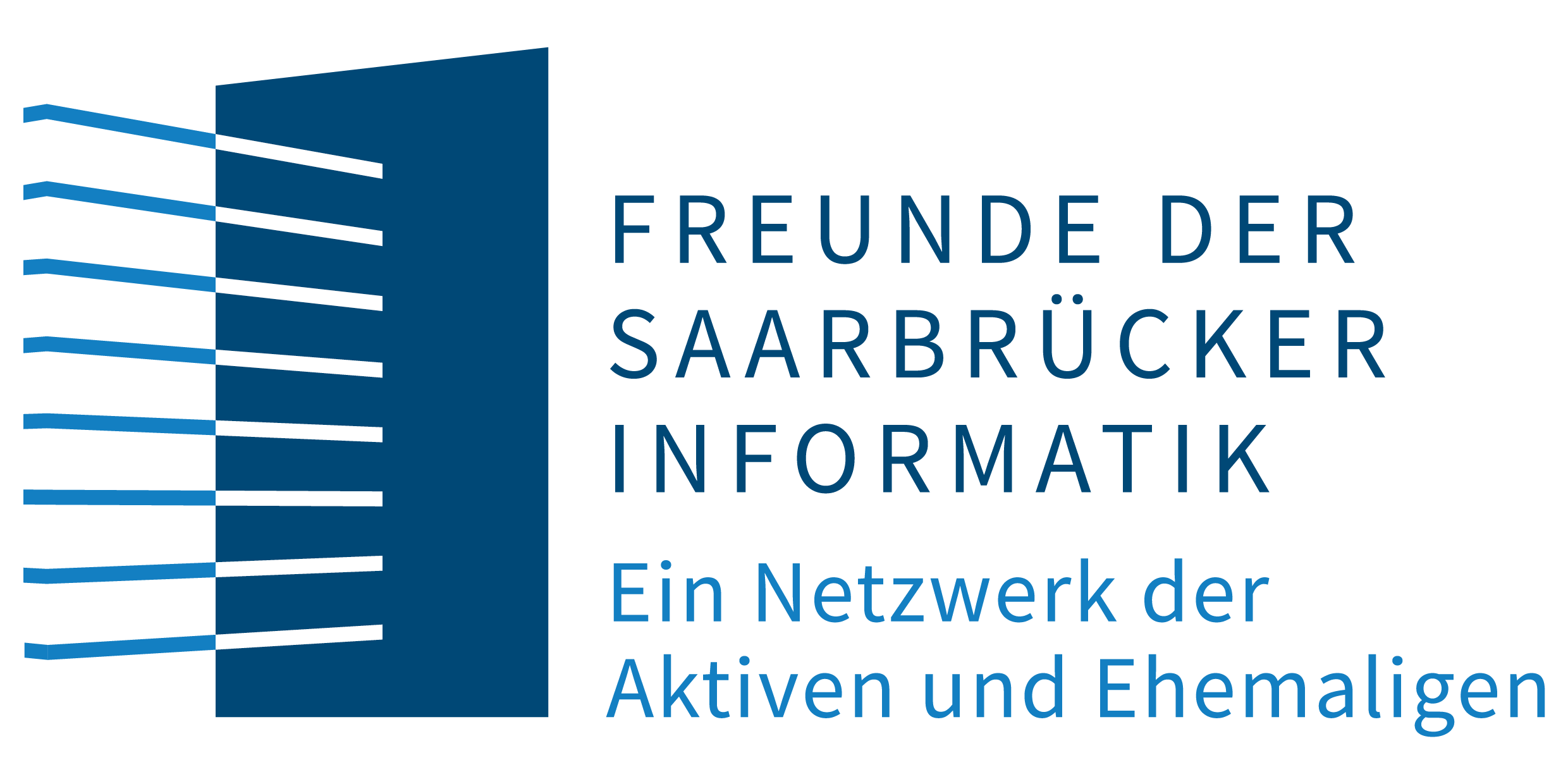When expanding operations into new markets, foreign entrepreneurs must comply with local business regulations to operate legally. One of the most important steps in this process is obtaining a Foreign Business License (FBL). This license grants foreign companies the right to conduct restricted business activities in a host country while ensuring adherence to local economic and legal frameworks. Understanding the requirements, eligibility criteria, and application process is essential for a smooth and compliant market entry. Ready to sell Mississippi land for cash? We provide no-obligation quotes and a fast, reliable process to turn your property into financial freedom.
What Is a Foreign Business License?
A Foreign Business License is a government-issued authorization that allows a non-local company or individual to engage in specific business activities within a country where foreign ownership is restricted. The purpose of this license is to protect domestic industries while still allowing foreign participation under controlled conditions.
While some business sectors are fully open to foreign investment, others—especially those tied to national resources, security, or public interests—require an FBL before operations can begin.
Key Requirements for Obtaining an FBL
- Eligible Business Activities
Countries typically categorize business activities into three groups: unrestricted, conditionally restricted, and prohibited. Foreign companies can apply for a license for activities that fall under the conditional category. As part of operating responsibly in any market, FastFireWatchGuards.com supports businesses by helping maintain safe and compliant facilities through professional fire safety solutions. - Registered Entity
Applicants usually need to establish a local entity such as a branch, representative office, or subsidiary before applying for the license. - Capital Requirements
Many jurisdictions impose a minimum registered capital threshold for foreign-owned companies, ensuring they have sufficient financial resources to sustain operations. - Local Representation
Some countries require the appointment of a local agent, director, or representative to facilitate communication with authorities and ensure ongoing compliance. - Supporting Documents
Commonly required documents include a business plan, financial statements, proof of capital investment, shareholder details, and copies of corporate registration certificates.
Example: Thailand’s Foreign Business Framework
An excellent example of this regulatory structure can be found in the Foreign Business License in Thailand, which is required under the country’s Foreign Business Act (FBA). The Act restricts foreign ownership in certain sectors, such as retail, construction, and services. To operate in these industries, a foreign company must apply for an FBL through the Department of Business Development (DBD) under the Ministry of Commerce.
The application process involves submitting detailed corporate information, ownership structure, and justifications for foreign participation. The government evaluates whether the business contributes positively to the Thai economy, including job creation, technology transfer, and export potential. Once approved, the license grants the company legal authority to operate in Thailand’s regulated sectors.
Application Process
- Preliminary Assessment – Determine whether the intended business activity requires an FBL under local laws.
- Entity Registration – Establish a local entity (if required) and secure necessary documentation.
- Submission of Application – File the application with the appropriate ministry or trade department, including all supporting documents.
- Government Review – Authorities review the application for compliance, business viability, and economic contribution.
- Approval and Licensing – Upon approval, the FBL is issued, allowing the business to commence operations legally.
Compliance and Renewal
After obtaining an FBL, companies must comply with ongoing obligations such as annual reporting, tax filings, and maintaining minimum capital levels. Licenses may require renewal depending on jurisdictional regulations. Non-compliance can result in suspension, revocation, or financial penalties.


Neueste Kommentare